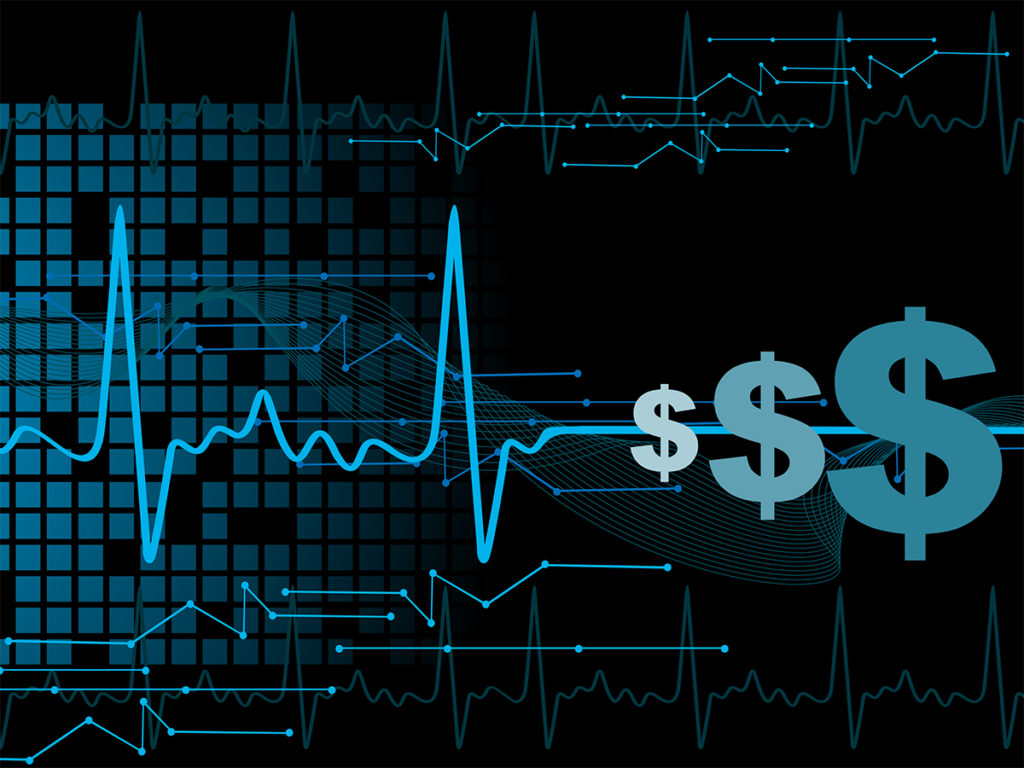What’s the first thing they do when you go to a doctor’s office?
OK, well yes, they check to make sure you have insurance. But what else?
OK, you got me. They make you fill out a clipboard full of information that you fill out every single time you go to the doctor’s office. My name, address, birthday and Social Security number pretty much stay the same from visit to visit, but they don’t have a blank on one of those forms that says, “same as last time.”
But that’s not what I’m talking about either. What medical thing(s) do they do just about every time you go to see a doctor, no matter what kind?
They take your vital signs. You know, they take your temperature, listen to your heart rate, measure your blood pressure, check your breathing and if they’re really feeling mean, they make you stand on a scale wearing your clucky boots and that pair of blue jeans that must add ten pounds to your weight (how else could you weight that much?).
Depending on your symptoms and the type of doctor you’re seeing, you may undergo many more examinations and tests, but vital signs are nearly universally used by most physicians.
Why?
Changes in vital signs serve as an early warning system that can tip medical professionals off if some deterioration is taking place in a patient’s condition. Also, they’re easy to measure and require little complicated equipment.
Changes in vital signs are certainly not the only thing a medical professional measures, but they are a very common thing.

Consider measuring your own financial vital signs. Here are a few suggestions and reason why they are important.
Remember, vital signs (medical or financial) indicate immediate levels of health and dramatic changes can be an early warning signal something is amiss.
Income. How much money do you have coming in on a regular basis? You may get an income in exchange for the work you do (earned income), or you may receive an income because of an asset you own, such as a bond or a rent house (unearned income).
Spending. How much do you spend every month? At this point, “I don’t know” is not an acceptable answer. There is an amount of money you spend each month and you need to know it. And to state the obvious, your income needs to be at least equal to, if not larger, than your spending.
Savings. How much liquid savings do you have? It could be savings in a bank or credit union, cash in a safe at home or even that jar buried in the back yard nobody knows about. You need a minimum of three month’s living expenses and ideally six months’ worth of living expenses in savings.
Protection. What if something happened? You know…something. Automobile accident, house fire, flood, tornado, lawsuit, serious illness, your disability, your death. All of these are things that can happen with no warning and there is little or no way to save enough money fast enough to sufficiently buffer yourself from them. So you must protect yourself with insurance. Do you have enough for the big stuff?
Like medical vital signs, there is one evaluation that takes place when they are measured for the first time and another evaluation that takes place when they are re-checked periodically. Upon first check we can establish a baseline. Then on subsequent checks, we can establish a pattern of improvement or decline, based on changes from one time to the next.
In less than five minutes a medical professional can measure your physical vital signs and know what to do next (including do more tests).
In the same five minutes, a financial professional can take your fiscal vital signs and know where to start.
When was the last time someone measure your vital signs?
Argent Advisors, Inc. is an SEC registered investment adviser. A copy of our current written disclosure statement discussing our advisory services and fees is available upon request. Please See Important Disclosure Information at https://ruston.argentadvisors.com/important-disclosure-information

